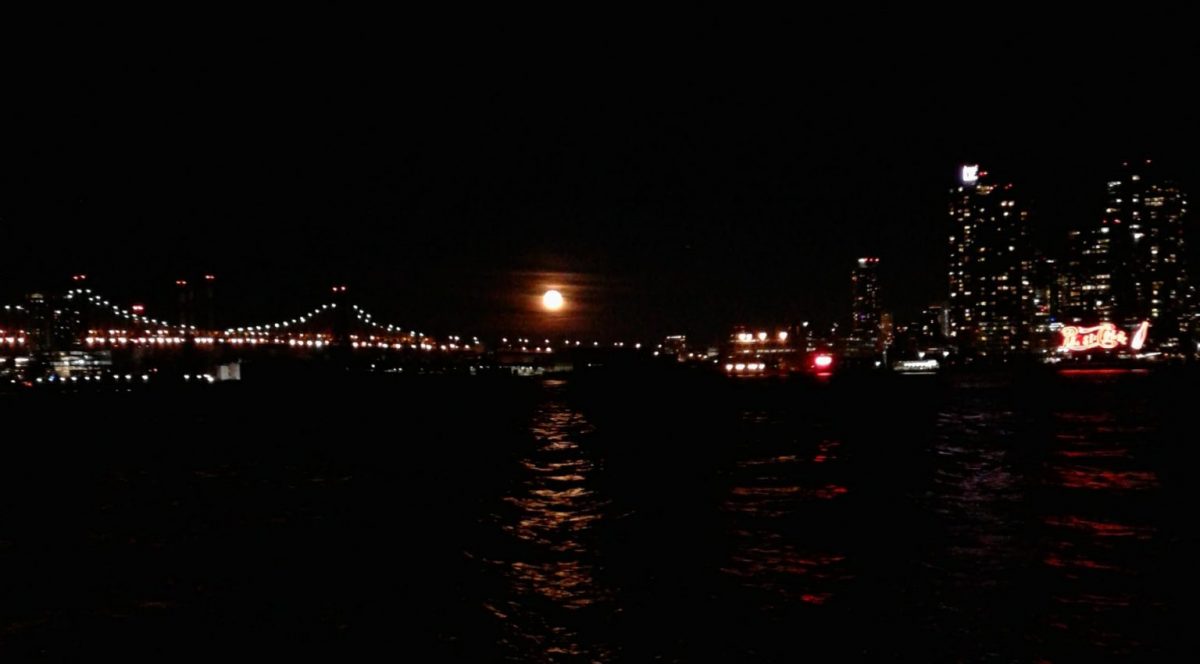Post your reflections on Hannah-Jones, Magness, Lindsay, now. You can use “Leave comment here.” By Tuesday morning, review the other students’ posts and make a comment or two. Please be respectful and logical.
The next reading is the Wilentz, “American Slavery and the Relentless Unforeseen.”
This is a long piece and will take you some time to read it. I would have a notebook at my side and as I read take a few notes to set up for my comment. Even if you don’t understand every word of the article, read through it and capture the main sequence of ideas, argument, narration etc.
I will have some comments on Wilentz by Friday 1pm.
Post your reflection on Wilentz by Tuesday or Thursday at the latest
What is his concept of “Relentless Unforeseen?” How is that a critique of Hannah Jones or modification of her thesis?
Research the latest New York Times statement on 1619 Project.
https://www.nytimes.com/2020/03/11/magazine/an-update-to-the-1619-project.html
How would you state Hannah-Jones’s thesis? Write a one or 2 paragraph comment. Save it on a separate file so you can use it in your next paper, which we will discuss soon. To put it briefly, you will be writing a full review of Hannah-Jones and Wilentz and one or two other articles that you select.
